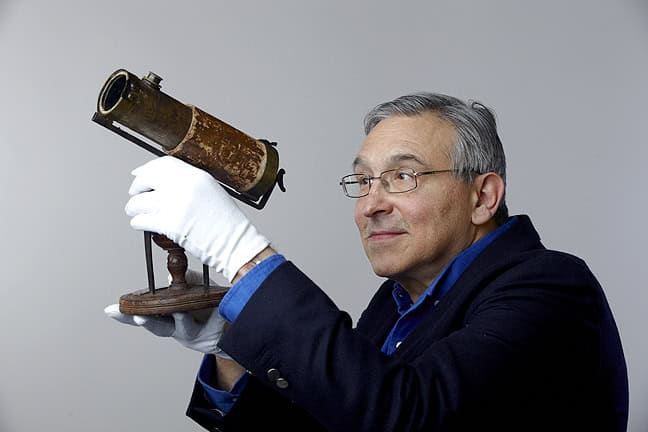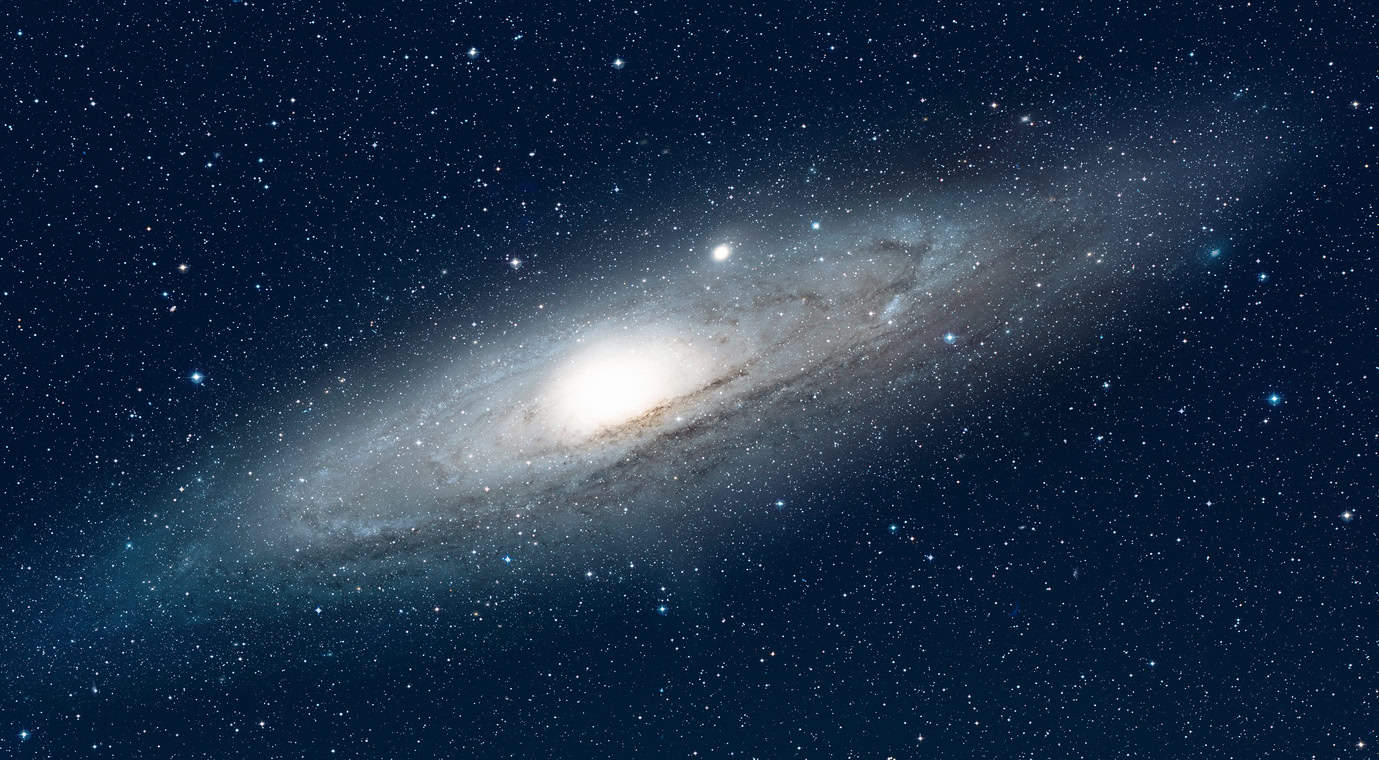
It’s one thing to observe a universe. But how do you experiment on it? Believe it or not, scientists at Durham University do just that – in a certain way. Carlos Frenk is the Ogden Professor of Fundamental Physics and founder of the university’s Institute for Computational Cosmology.
At the Institute, Carlos and his team have built a centre where models, built from supercomputer simulations, can be used to pose vital questions about the universe, such as how galaxies form, and the nature of dark matter.

Over the last 20 years, Durham University has become one of the world’s leading centres for research in certain aspects of space.
When I came to Durham, there were just four astronomers. Now we have 180.
I came from Cambridge, which dominated research in the UK. I remember sitting in the pub with [then Durham Professor of Astronomy] Richard Ellis talking about how we could match Cambridge, and we decided that we had to specialise in one area and hope this incipient area would flourish.
So we set out to understand cosmology and the formation of galaxies. And we realised that without dark matter, there wouldn’t be galaxies or planets, and we wouldn’t be talking today.
That turned out to be an inspired, lucky choice. We happened to hit on an area that became the dominant area of space research in recent years.
Another stroke of good luck was meeting a philanthropist, Peter Ogden. He gave us money to build the Ogden Centre in 2002 and six years ago we added a second building.
Today, we build instruments for some of the largest telescopes in the world. We observe amazing things, and we’re particularly strong on computational cosmology.
We have workshops and conferences, and we’re a major centre for supercomputing. We also generate huge amounts of data for the whole world to use.
At the Institute for Computational Cosmology, we make virtual universes on computers.
Astronomers are always handicapped by the fact they can’t do experiments. Science is basically experimental, but in cosmology and astronomy, you can’t go to the sun and measure its temperature. So we use the power of physics and computers to build virtual replicas.
There are all sorts of applications of astronomy, in optics, and in medicine. One of the people who works at the Centre for Advanced Instrumentation here has developed a new machine to test for glaucoma. The previous test used to blow hot air in your eye and was unpleasant and inaccurate. This is much better.
Even though the subject of cosmology didn’t really exist not so long ago, we’ve helped to transform how we think about the universe. We’ve learned more about the workings of the universe in the last 20 years than in the rest of human history.
As humans we have a need to understand our place in the universe. And these advances we’re making in the field are helping us to place ourselves in this unfolding cosmic history. In our little corner of the galaxy, a species developed with the ability to express basic laws of the universe and the evolution of the cosmos in the language of mathematics.
In a world of fake news and absurd denial, I hope we can demonstrate the importance of the power of science, objectivity and evidence. We can offer an optimistic view of the power of the human intellect.
But we can also take great leaps in understanding where the universe is heading, long-term. I hope to live to see the discovery of life outside our solar system. We have the technology to do it, and it’s a realistic prospect. And then you ask yourself: “What sort of life will it be, and will it be intelligent?”.
There are so many questions that my generation hasn’t answered, and they’re just waiting for the bright kids of the future to tackle them.
